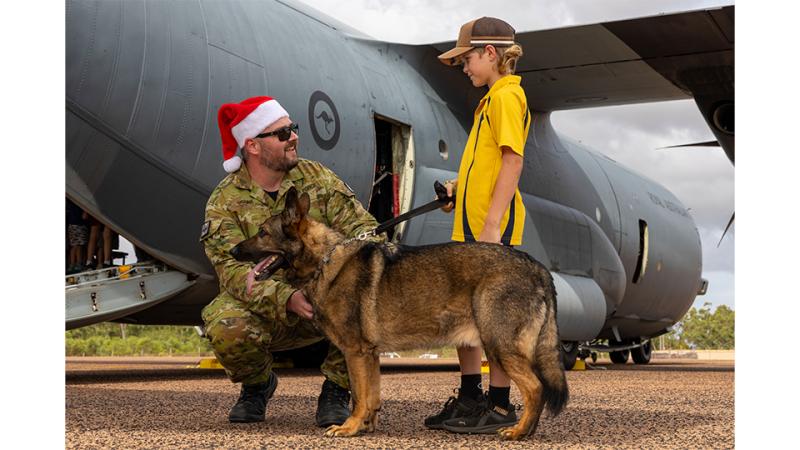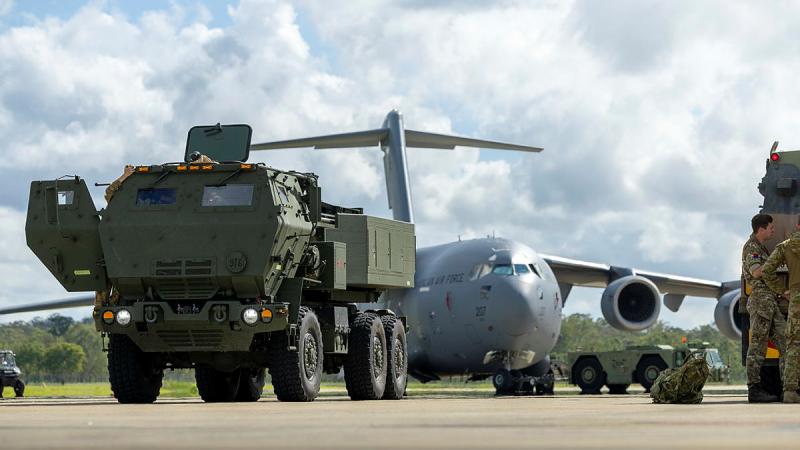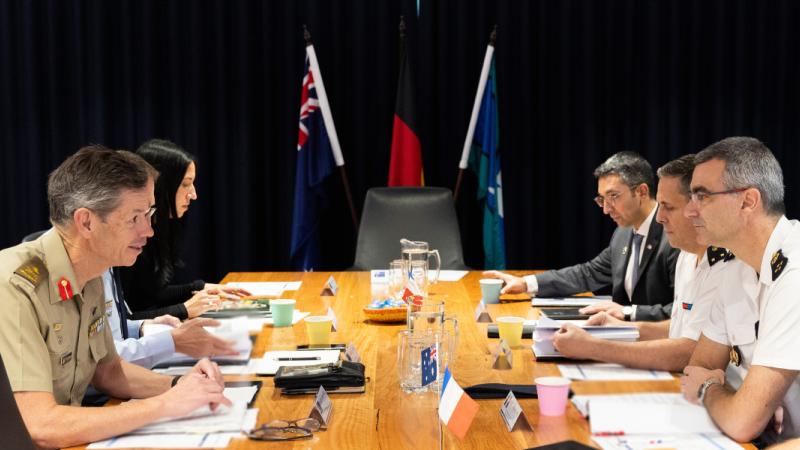26 November 2025
Corporal Rory Murray thought he might’ve been OK at combat tracking as he followed bent leaves and footprints that turned up a creek line in the Philippine jungle.
But as the 5th/7th Battalion, the Royal Australian Regiment, sniper followed along the creek, the trail went cold.
“I spent 20 to 30 minutes looking around up there; couldn’t find anything and came back down,” he said.
“Little things like that slow the enemy down when they’re tracking you.
“After backtracking, you could be waiting in the bush to ambush them.”
It was a lesson in deception for the sniper team leader who was in the country with about 90 other 1st Brigade soldiers for Exercise Kasangga 2025-02.
During joint training, Philippine soldiers gave the Aussies a crash tracking course to follow enemies via signs like footprints, marks on trees and broken twigs.
The local soldiers brought expertise from their tracking teams, who follow enemies after a contact.
This led Corporal Murray’s team to assume they would always be tracked in the jungle and what they could do to counter it.
“Every time we step on a branch we’re leaving more signs than if we just step over it and stand on the leaves on the other side. Due to dropping mud or scraping the bark off it,” he said.
'They are very good in the jungle and we should continue to learn from them. I’d love to have them on my side.'
The Aussie contingent also received training from Philippine soldiers in jungle survival – learning which plants were poisonous, edible or could be used for medicine.
This proved easier when plants were next to each other, but harder in the wild.
The main lesson for Corporal Murray was keeping morale up by staying dry by building a shelter with an above-ground floor.
Soldiers also set traps overnight that captured chickens, but it was trapped monitor lizards that were a hit with Aussies thanks to a special Philippine cooking glaze.
“It sort of tasted like chicken, but the glaze made it sweet. I’m not sure if it was the night in the jungle that made us hungry, but it tasted the best of the lot,” Corporal Murray said.
“But pretty much anything that walks, crawls or flies – you can eat.”
Aussies learned to light fire by rubbing dried bamboo to make embers, but after an hour of trying, Philippines took over and had it going in five minutes.
The locals also carved cups, cooking posts and soup ladles out of bamboo.
“They can make living out there so comfortable,” Corporal Murray said.
Unlike Australian packs, which are heavy with days of rations and water, Philippine soldiers only take small packs with rice; something that shocked Corporal Murray at first.
“It’s not survival to them, it’s just field. They’ll go out and do survival, whereas we take everything we can,” he said.
“They are very good in the jungle and we should continue to learn from them. I’d love to have them on my side.”


